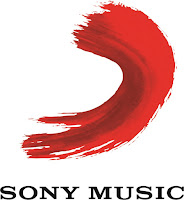 Major labels have learned that many of their services are very valuable to smaller indie labels or directly by artists. Where once upon a time, if you wanted a label's distribution, promotion and marketing, you had to sign to the label, that's no longer required.
Major labels have learned that many of their services are very valuable to smaller indie labels or directly by artists. Where once upon a time, if you wanted a label's distribution, promotion and marketing, you had to sign to the label, that's no longer required.Labels now take advantage of their unique expertise and excess capacity by making these services available on an a la carte basis called "Label Services."
In other words, if you can afford to pay for radio promotion from Sony or Warner Music, they'll be happy to make those services available to you.
One of the biggest at this is Sony's Red Music, which has made major label distribution, and more recently, marketing available to indie labels everywhere. Now Red has expanded into the UK with its acquisition of Essential Music to form Red Essential.
Essential has recently worked records by The Prodigy, Marilyn Manson, Passenger and Lucinda Williams, among many others. Of course, one of the biggest acts to take advantage of label services was Macklemore and Ryan Lewis, which launched the concept to a new level, and later 50 Cent (check out the links for specific info).
Keep in mind that while using label services is a great idea, it's never free. You pay for everything if you're an indie regardless of your sales or engagement, and you pay for a portion of it even if you're signed to the label, only not up front.
The major labels have built marketing and distribution infrastructure over the last 50+ years that can't be matched by a startup or indie, so why not take advantage if it if you can?




